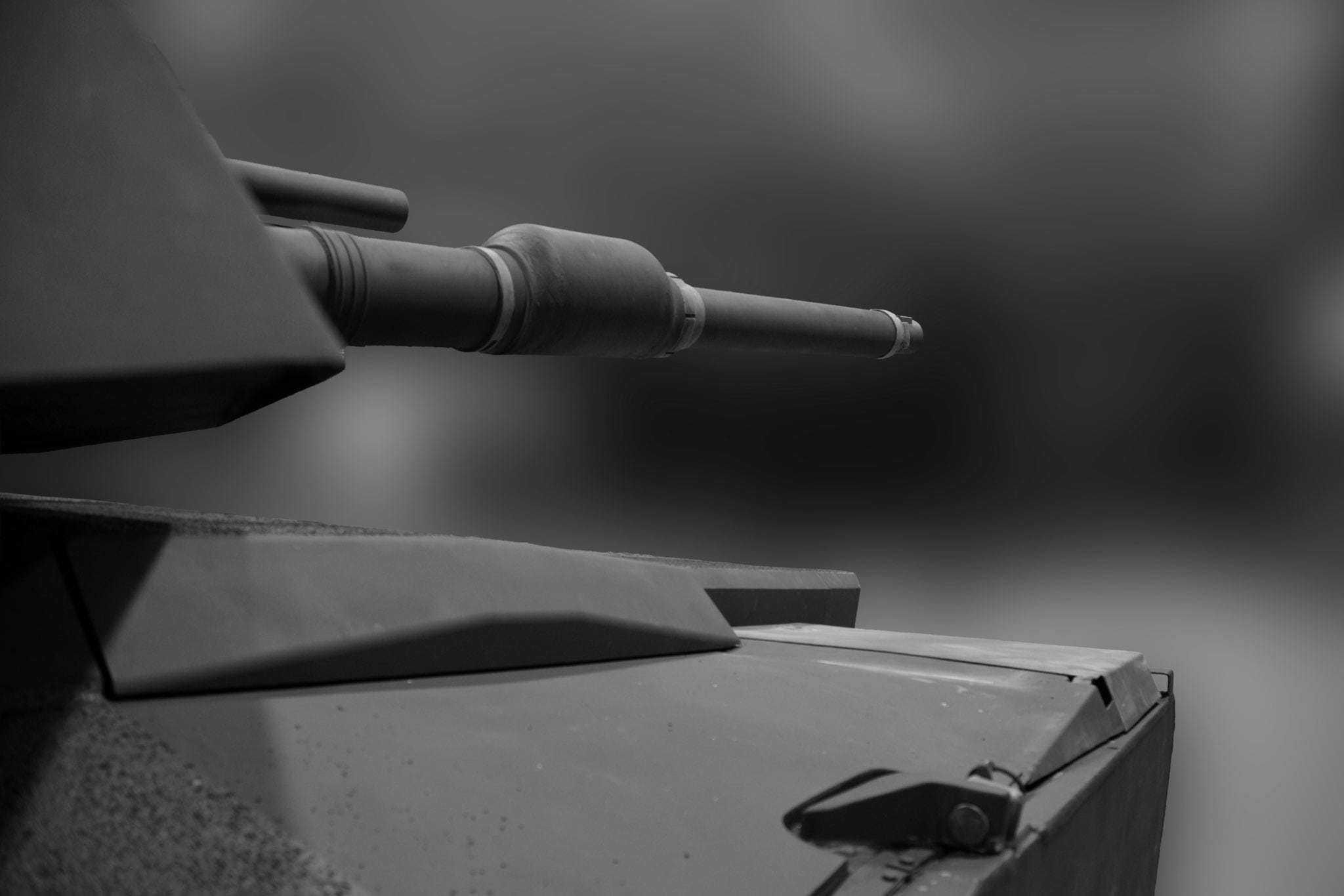BAGHDAD — Iraqi officials in the northern city of Mosul said Saturday that militants with the Islamic State group have begun demolishing the ancient archaeological site of Hatra in northern Iraq in a push to rid its territory of symbols it says promote idolatry.
An official with the ministry of tourism and antiquities' archaeological division in Mosul told The Associated Press that multiple residents living near Hatra heard two large explosions Saturday morning, then reported seeing bulldozers begin demolishing the site. He spoke anonymously for fear of reprisal.
Saeed Mamuzini, a Kurdish official from Mosul, told the AP that the militants had begun carrying away artifacts from Hatra as early as Thursday and on Saturday, began to destroy the 2,000-year-old city.
Hatra, located 110 kilometers (68 miles) southwest of the city of Mosul, was a large fortified city during the Parthian Empire and capital of the first Arab kingdom. The ancient city, a UNESCO world heritage site, is said to have withstood invasions by the Romans in A.D. 116 and 198 thanks to its high, thick walls reinforced by towers.
The ancient trading center in Hatra spanned 6 kilometers (4 miles) in circumference and was supported by more than 160 towers. At its heart are a series of temples with a grand temple at the center — a structure supported by columns that once rose to 100 feet.
The Sunni extremist group has been campaigning to purge ancient relics they say promote idolatry that violates their fundamentalist interpretation of Islamic law. A video they released last week shows them smashing artifacts in the Mosul museum and in January, the group burned hundreds of books from the Mosul library and Mosul University, including many rare manuscripts.
The majority of the artifacts destroyed in the Mosul Museum attack were from Hatra.
On Friday, the group looted artifacts from Nimrud, a 3,000-year-old city in Iraq, and bulldozed it in a move United Nations Secretary General Ban Ki-Moon declared "a war crime."
Iraqi Tourism and Antiquities Minister Adel Shirshab told the AP Saturday that many feared Hatra would suffer the same fate as Nimrud. "This is not unusual (behavior) for Daesh," Shirshab said, using the Arabic acronym for the group.
A statement on the ministry's Facebook page Saturday said the government is investigating reports of the attack on Hatra, noting that the global community should hasten its response to the crisis in Iraq in order to prevent these types of atrocities.
Last year, the militants destroyed the mosque believed to be the burial place of the Prophet Younis, or Jonah, as well as the Mosque of the Prophet Jirjis — both revered ancient shrines in Mosul. They also threatened to destroy Mosul's 850-year old Crooked Minaret, but residents surrounded the structure, preventing the militants from approaching.
A U.S.-led coalition has been striking the Islamic State group since August and is preparing a large-scale operation to retake the city of Mosul. But U.S. and Iraqi officials have been cautious about setting a timeline for preparing Iraq's embattled military for the campaign.





